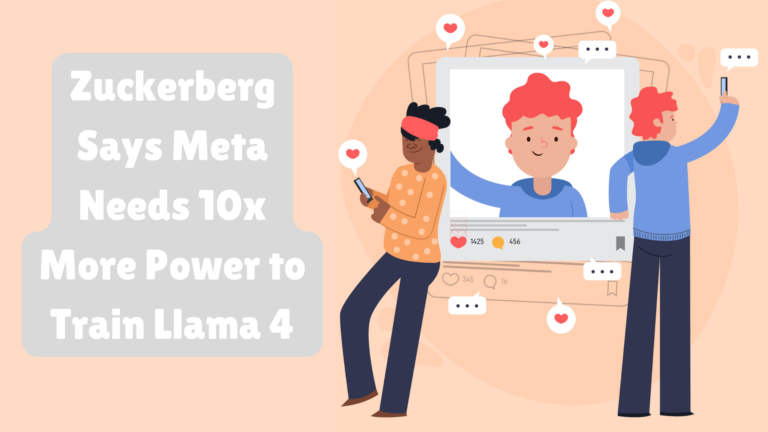Is Your Smartphone Frying Your Brain? Impact of Screen Time

In our hyper-connected world, smartphones have become indispensable tools. They keep us informed, connected, and entertained. However, with the convenience of having the world at our fingertips comes a cost that many are just beginning to understand. Neuroscientists are raising alarms about the potential effects of increased screen time on our brains. Could our smartphones be harming our mental health more than we realize?
The Neuroscience Behind Screen Time
The human brain is a remarkable organ, capable of adapting to new technologies and environments. However, it is also highly sensitive to external stimuli, and the constant barrage of notifications, updates, and alerts from our smartphones can overwhelm it.
1. Dopamine Addiction Every time you receive a notification, your brain releases a small burst of dopamine—a neurotransmitter associated with pleasure and reward. This process can create a cycle of addiction, where you feel compelled to check your phone repeatedly to experience that same dopamine hit. Over time, this can lead to increased anxiety, restlessness, and a reduced ability to focus on tasks that don’t offer immediate gratification.
2. Decreased Attention Span Studies have shown that the constant switching between tasks—common in smartphone use—can reduce our ability to maintain attention over time. The brain becomes conditioned to expect short bursts of information, leading to a decrease in our ability to engage in deep, focused work. This “attention fragmentation” is particularly concerning for younger individuals whose brains are still developing.
3. Impact on Sleep Patterns The blue light emitted by smartphone screens can interfere with the production of melatonin, the hormone responsible for regulating sleep. Excessive screen time, especially before bed, can lead to disrupted sleep patterns, making it harder to fall asleep and stay asleep. Poor sleep, in turn, has been linked to a host of mental and physical health issues, including depression, anxiety, and cognitive decline.
The Psychological Toll of Constant Connectivity
Beyond the neurological effects, the psychological impact of smartphone overuse is profound. The constant connection to social media, news, and online content can lead to feelings of stress, anxiety, and even depression.
1. Social Comparison and Anxiety Social media platforms are designed to showcase the highlights of people’s lives. Constant exposure to these curated images and stories can lead to unhealthy comparisons, where you feel your own life is lacking in comparison. This phenomenon, known as “social comparison,” has been linked to increased anxiety, depression, and feelings of inadequacy.
2. Information Overload Smartphones give us access to an overwhelming amount of information. While this can be empowering, it can also lead to “information overload,” where the sheer volume of data becomes unmanageable. This can result in decision fatigue, stress, and a sense of being constantly overwhelmed.
3. Erosion of Social Skills Face-to-face interactions are crucial for developing and maintaining social skills. However, the rise of digital communication has led to a decline in these in-person interactions. Over time, this can erode our ability to communicate effectively, read social cues, and build meaningful relationships.
Taking Control: Managing Screen Time for Better Brain Health
While the effects of excessive smartphone use are concerning, it’s not all doom and gloom. By taking proactive steps to manage screen time, you can protect your brain and improve your overall well-being.
1. Set Boundaries Establish clear boundaries for smartphone use. Designate specific times of the day when you can check your phone and stick to those times. This will help reduce the compulsive need to check notifications constantly.
2. Use Technology Wisely Leverage technology to your advantage by using apps that track screen time, reduce blue light exposure, or remind you to take breaks. These tools can help you maintain a healthier relationship with your smartphone.
3. Prioritize Real-Life Interactions Make an effort to engage in more face-to-face interactions. Whether it’s spending time with family, meeting friends for coffee, or participating in group activities, prioritizing real-life connections can help counteract the isolating effects of excessive screen time.
4. Practice Digital Detox Consider taking regular breaks from your smartphone. Whether it’s a few hours each day or a full day each week, a digital detox can help reset your brain and reduce the negative impact of screen time.
Conclusion
Smartphones have undoubtedly revolutionized the way we live, work, and communicate. However, it’s essential to recognize the potential risks associated with excessive screen time. By understanding the impact on our brains and taking steps to manage our smartphone use, we can enjoy the benefits of technology without sacrificing our mental and emotional well-being. Remember, it’s not about abandoning your smartphone entirely—it’s about using it mindfully and in a way that enhances your life rather than detracts from it.






